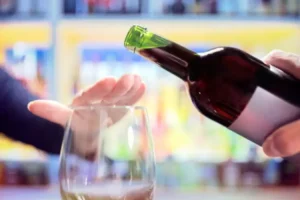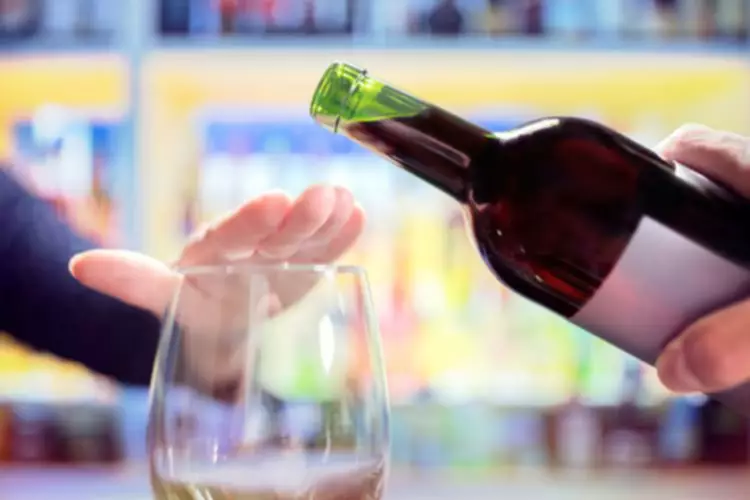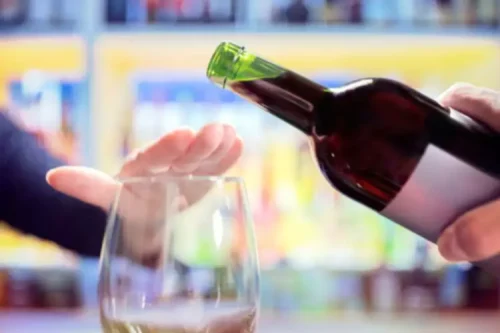
The American Diabetes Association outlines several recommendations for safe drinking among diabetics, highlighting the need to moderate and eat beforehand. If you’re experiencing a blackout or brownout, you’re at higher risk for falling, injury and unwanted or unsafe sexual experiences. A person who is blacked out may also throw up while sleeping, which could lead to an increased risk of choking or suffocating. But sometimes, auditory or visual cues can help a person piece together memories of what happened during a blackout. These cues could come in the form of texts, pictures or conversations with people who were present while you were blacked out.
- People with type 1 diabetes are at particular risk of low blood sugar if they binge-drink.
- In most patients, the disease develops before age 40, primarily during childhood or adolescence.
- By fine-tuning our approach to studying blackouts, we willimprove our understanding of alcohol-induced blackouts, and consequently, bebetter situated to improve prevention strategies.
- Blood glucose regulation by insulin in healthy people and in people with type 1 or type 2 diabetes.
- Studies have shown that young adults under the age of 25 are particularly vulnerable to experiencing blackouts.
Diabetes Medications
Despite what you may have heard, alcohol is not packed with carbohydrates. For example, a 12-ounce beer may have as low as nine grams of carbs, while a five-ounce glass of wine has about four. Though there are carb-heavy drinks—dessert wines, for example—they do not necessarily make for a better drinking option.

How can you care for yourself at home?
When alcohol enters the bloodstream, it disrupts the brain’s ability to form new memories. Blackouts indicate a total failure to record memories during intoxication. This impairment happens in the hippocampus, which is responsible for processing memories. Alcohol interferes with the pathways required to convert short-term memories into long-term ones, halting the memory formation process. Consuming snacks while drinking alcohol can help mitigate episodes of hypoglycemia.
- Those enzymes are secreted directly into the gut to ensure effective food digestion.
- A total of 26 publications met the criteria to be included in the review(see Table 1 for study details).
- This increases your risk of heart disease and heart attacks, stroke, pancreatitis and liver disease.
- That can make it especially difficult to get a grip on how many carbs and calories you’re consuming.
Consequences of Alcohol Use in Diabetics
- For reference, the Centers for Disease Control and Prevention (CDC) defines moderate drinking as two drinks or fewer per day for men, or one drink or fewer per day for women.
- Excessive drinking over time increases the risk of developing conditions like liver disease, cardiovascular problems, and even certain types of cancer.
- (For more information on the structure and function of the pancreas, see textbox, p. 213.) Beta cells produce insulin, one of the two major hormones involved in regulating the body’s blood sugar levels and other metabolic functions.
Binge-drinking, which involves drinking five or more drinks in one sitting, can increase a person’s risk for overdose, blackouts, and other harmful side effects. Many individuals experience ongoing difficulties with short-term memory and struggle to learn new information. Problems with concentration and focus have become more common, and research suggests an Twelve-step program increased risk of early-onset dementia among those who experience frequent blackouts. In addition, frequent and heavy alcohol use can damage vital organs such as the liver and heart. Excessive drinking over time increases the risk of developing conditions like liver disease, cardiovascular problems, and even certain types of cancer. Certain health conditions, such as liver disease or diabetes due to drinking or otherwise, can affect how the body processes alcohol.

Connected Care

The most effective way to overcome alcohol use and addiction as a diabetic is to seek professional treatment. Alcohol use disorders (AUDs) can have a profound, negative impact on a person’s ability to function in their personal and professional lives. The added difficulty of a medical condition like diabetes only makes this worse and can greatly harm both physical and psychological health. While feeling a bit dizzy or drowsy after drinking does not always signal harm for a non-diabetic, for diabetics this can signal larger problems.
Long-term Consequences of Frequent Blackouts
The researchers found that the levels of vitamin E, an agent that in part is bound to LDL cholesterol and which may decrease the risk of cardiovascular disease, also are lower in alcoholics than in nonalcoholics. Those observations suggest that the reduced levels of vitamin E in alcoholics actually may have harmful long-term effects. Numerous diabetes and alcohol blackouts studies have investigated alcohol’s effects on the control of blood sugar levels in diabetics.

Support must be sought and consistently engaged in to prevent recurring blackouts. At Midwest Recovery Centers, we recognize that each journey is unique. During a blackout, the individual may appear conscious and functional. This gap in awareness can lead to risky behaviors with severe consequences for both them and those around them.
